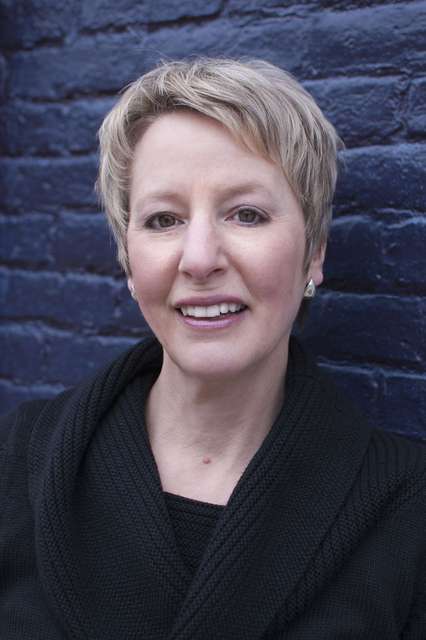Breakout Session
Cognition in the Time of Corona: Teaching Students How to Learn
Monday, June 29
Presenter:Lynn Helding
Teaching and learning voice is a dynamic dance between partners who meet to share music, ideas and aerosols: respiratory droplets that can remain suspended in the air. This spring, the COVID-19 pandemic sparked a rapid exodus from a shared to a virtual teaching and learning space, as well as the proliferation of webinars and social media tips offering advice for free, and digital products for sale – all with the teacher in mind. Lynn Helding’s presentation considers the other partner in the dance – the student – and highlights that what Helding first wrote in 2008 is now more urgent in our new distance-learning reality: “a shift in emphasis must occur, from how well teachers teach, to how well students learn.” Cognitive science can show music students why they must maximize their own volition, agency and responsibility for learning, and music teachers how to create the best cognitive conditions for online learning.
About Lynn Helding

Lynn Helding is Professor of Practice in Vocal Arts and Opera and Coordinator of Vocology/Voice Pedagogy at the University of Southern California. A prolific writer on the nexus of cognitive science and music, she is an associate editor of Journal of Singing, founder of its “Mindful Voice” column, and author of the book The Mindful Musician: Teaching, Learning and Performance in the Age of Brain Science and “Brain” in McCoy’s Your Voice: An Inside View. She sang leading roles with Harrisburg Opera, Nashville Opera, Tennessee Opera Theatre, and Ohio Light Opera, and solo recitals throughout the US, Italy, France, England, Germany, Spain, Australia, and Iceland. Honors include the 2005 Van Lawrence Voice Fellowship and election as the first COO of PAVA. In 2018, she hosted the USC Symposium “The Art and Science of Great Teaching: Celebrating the Legacy of William Vennard,” to honor and promote evidence-based vocal pedagogy.
